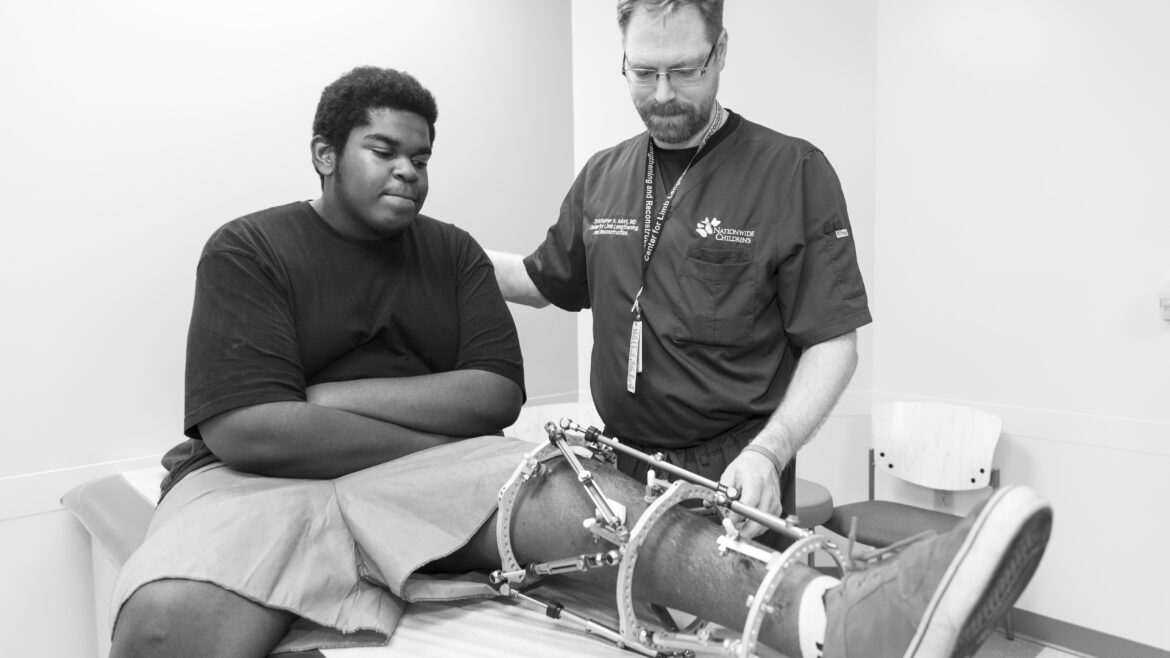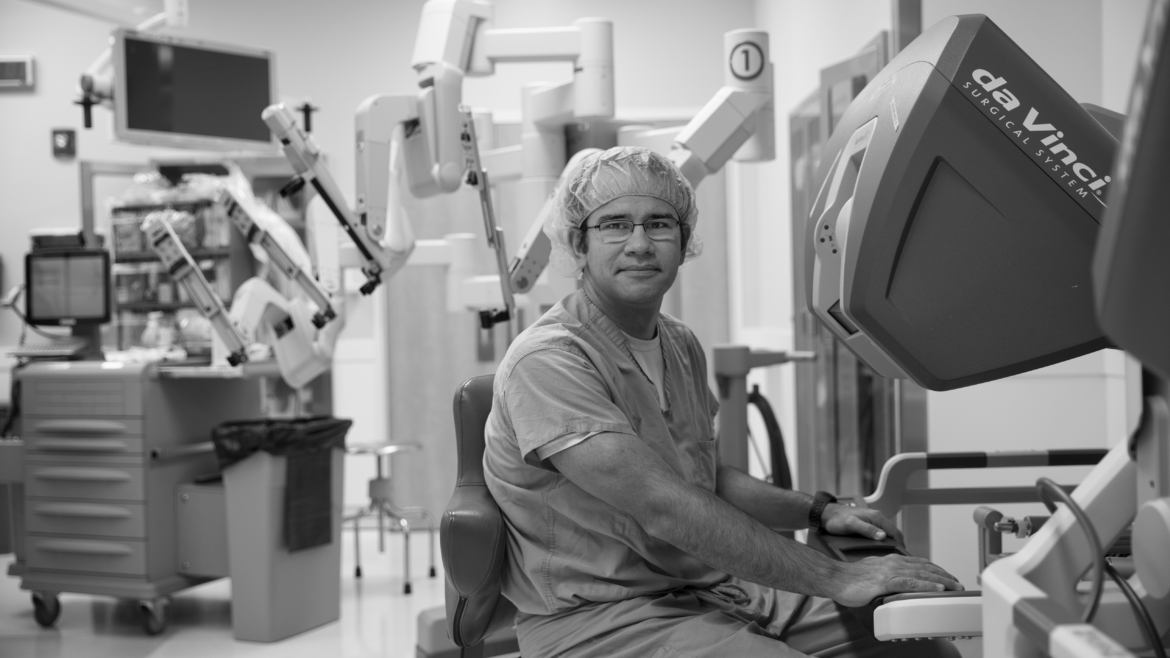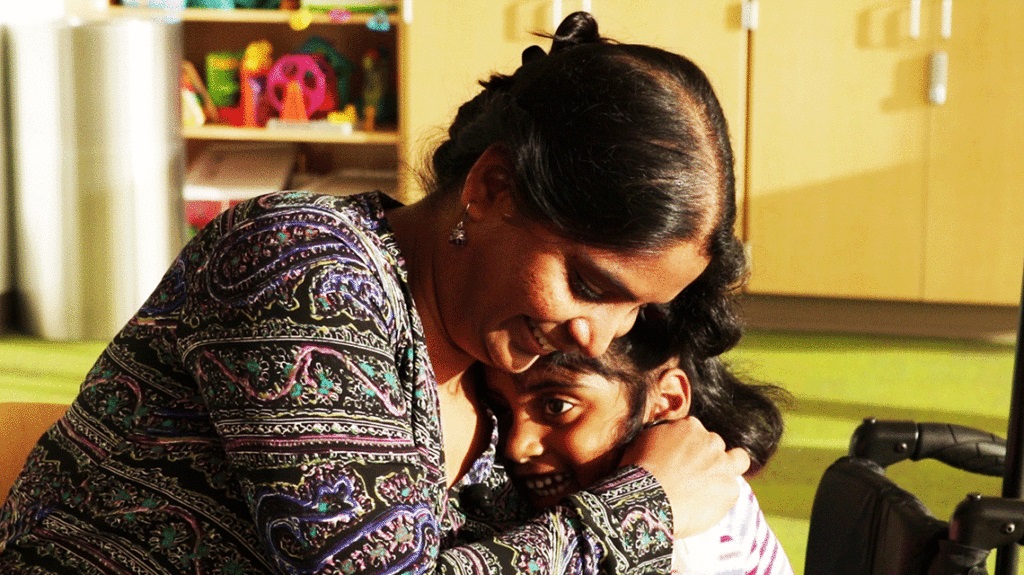Magnetically Controlled Limb Lengthening Devices Safe for Patients With Programmable Implantable Devices, Study Shows
Magnetically Controlled Limb Lengthening Devices Safe for Patients With Programmable Implantable Devices, Study Shows https://pediatricsnationwide.org/wp-content/uploads/2022/08/011218ds0720-1024x683.jpg 1024 683 https://secure.gravatar.com/avatar/?s=96&d=mm&r=gRecent study evaluated the safety and efficacy of using magnetically controlled intramedullary nails in patients with programmable implantable devices, shedding light on a previously unexplored area of orthopedic surgery. In a pivotal study published in the Strategies in Trauma and Limb Reconstruction, led by Christopher A. Iobst, MD, a pediatric orthopedic surgeon at Nationwide Children’s…






